Disco Pigs to Peaky Blinders to Oppenheimer: Cillian Murphy's 10 best films and other screen performances
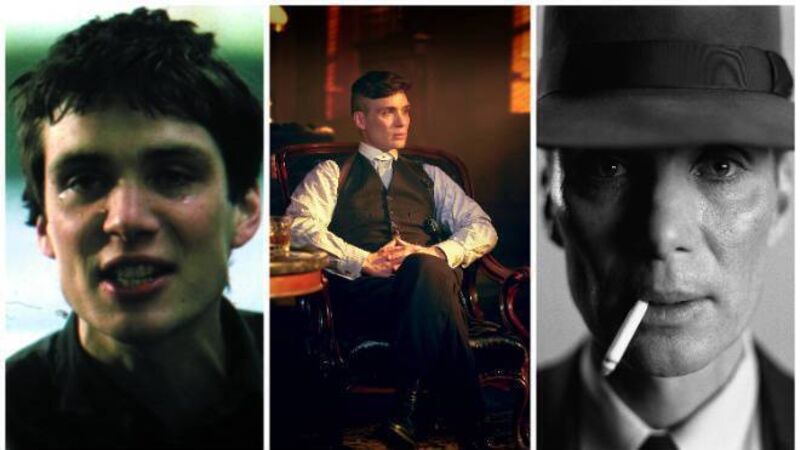
Cillian Murphy in Disco Pigs, Peaky Blinders and Oppenheimer
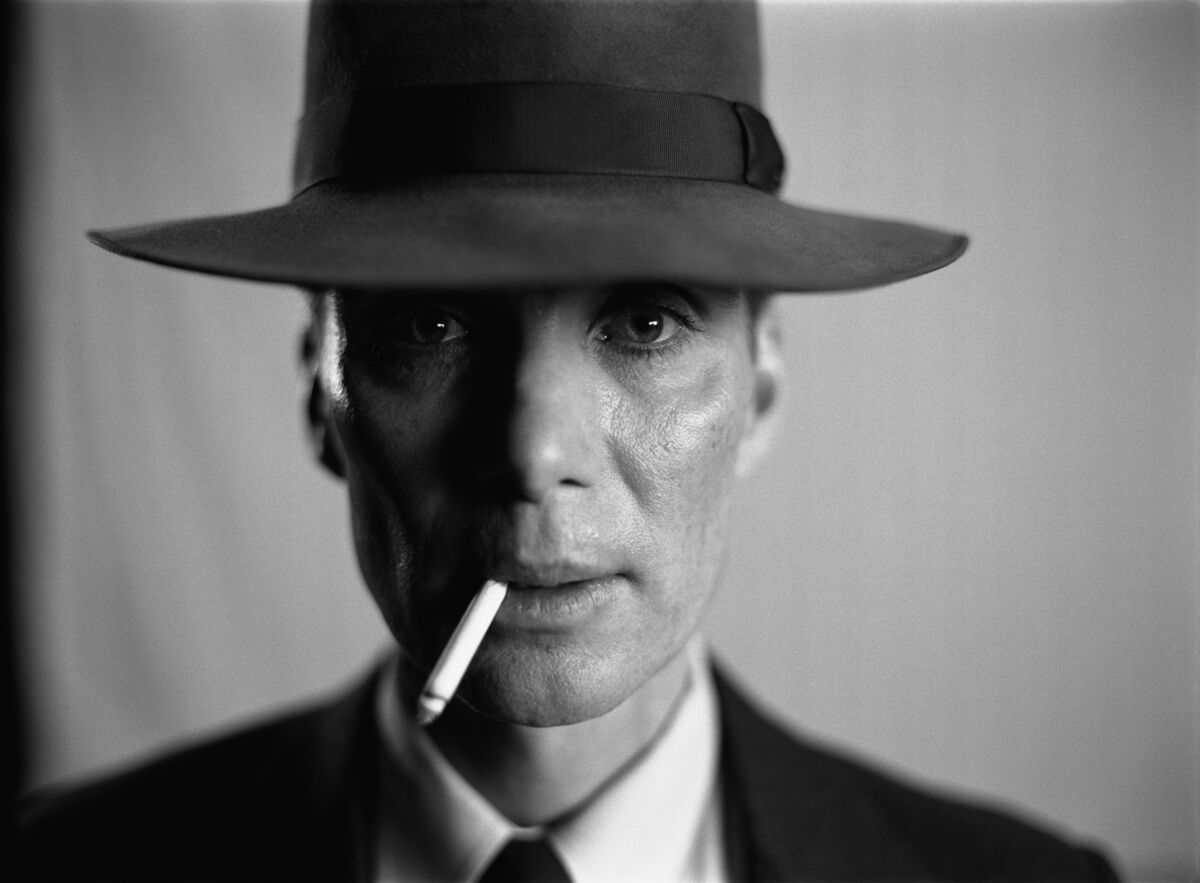
Even though he’s worked with writer-director Christopher Nolan for decades, Oppenheimer sees the Corkman step into a leading role in what is his biggest-ever studio film.
And does he deliver - his performance as J Robert Oppenheimer is the best work we’ve seen from him in what is a stellar career.
The actor could well be in the frame come awards season for his portrayal of the man who headed the Manhattan Project in World War II and whose work was key to the creation of the world’s first nuclear weapons.
Murphy brings impressive nuance to his portrayal of a man whose work would change the world in frightening ways in the three-hour-long movie, a blend of biopic, drama and political thriller.
Murphy himself is thrilled at how the finished film looks, even while admitting that he hates watching himself onscreen.
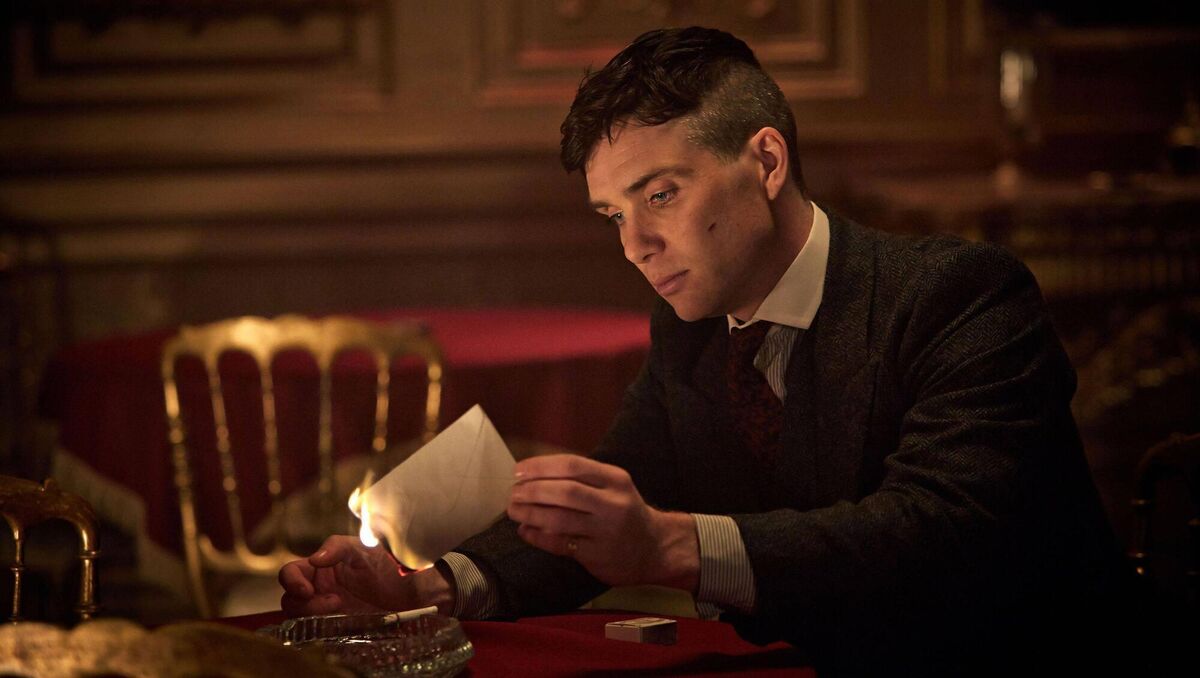
Many actors relish the opportunity to do a deep dive into a character over a lengthy period, and Murphy embraced the chance to play Tommy Shelby over the course of six epic seasons.
Playing the young leader of a notorious Birmingham crime gang in the period drama gave the actor the scope to show his depth of range.
The series became a global smash, with a potential spin-off movie currently being planned. Running for six seasons and 36 episodes, it turned the low-key Murphy into a household name.
“I've never had that experience of growing older with a character or being able to inhabit it to a point where the character starts thinking for you in the performance,” he said of the role as the finale approached.
“We started shooting this in 2012 so when it (the final series) comes out, that will be a decade, so it's a big chapter of my life, a big chunk of my life.”
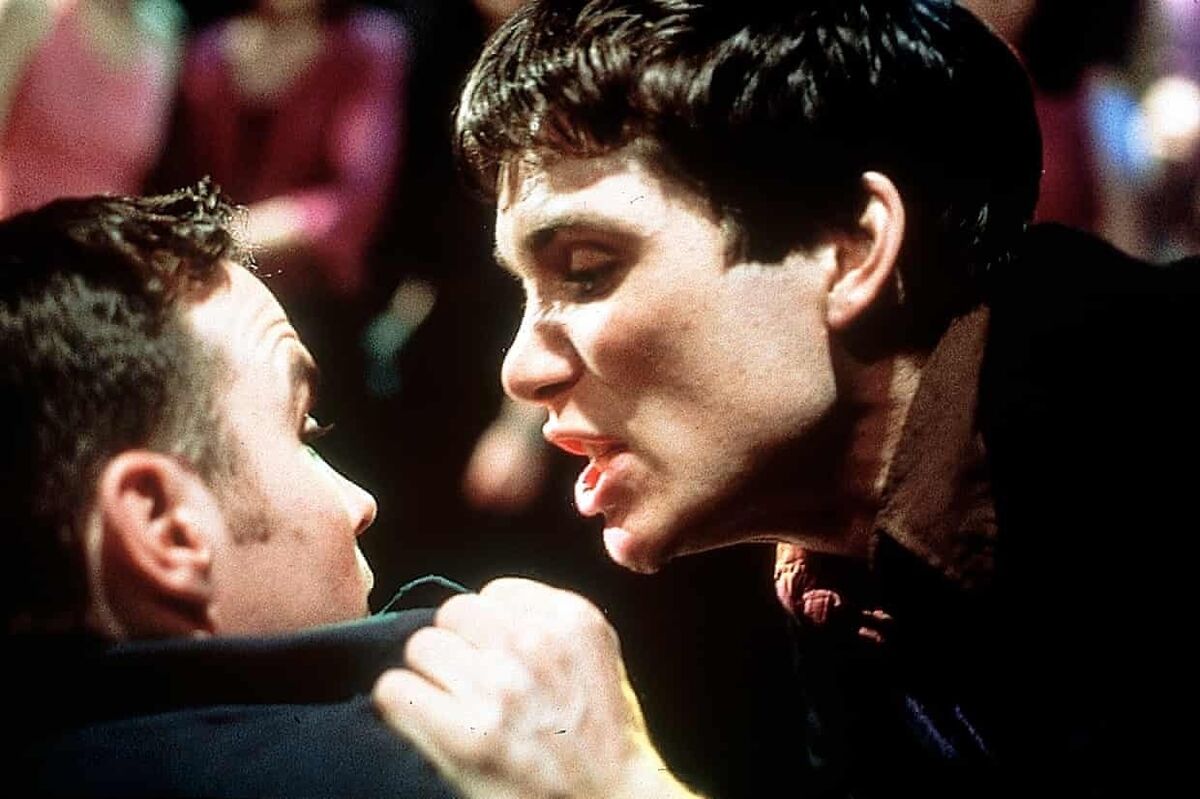
Murphy had already made waves in the Corcadorca production of Enda Walsh’s play before making a huge impression in Kirsten Sheridan’s big-screen adaptation, in what was his first major movie role.
The story of an intense awakening between two friends changed his life, he told this writer on the film’s release.
“August 1996 was a big month in my life,” he recalled. “I dropped out of college (where he’d been studying law), and I got my first play.” His life changed, he says, when Corcadorca’s Pat Kiernan cast him.
“For whatever reason he just gave me the part, and it changed everything. I didn’t even know I was going to be an actor. I was just vaguely curious then got the luckiest break possible, really. He gave this young fella off the street a go. Then the play took off and I thought: ‘Right, I’d better try this’.”
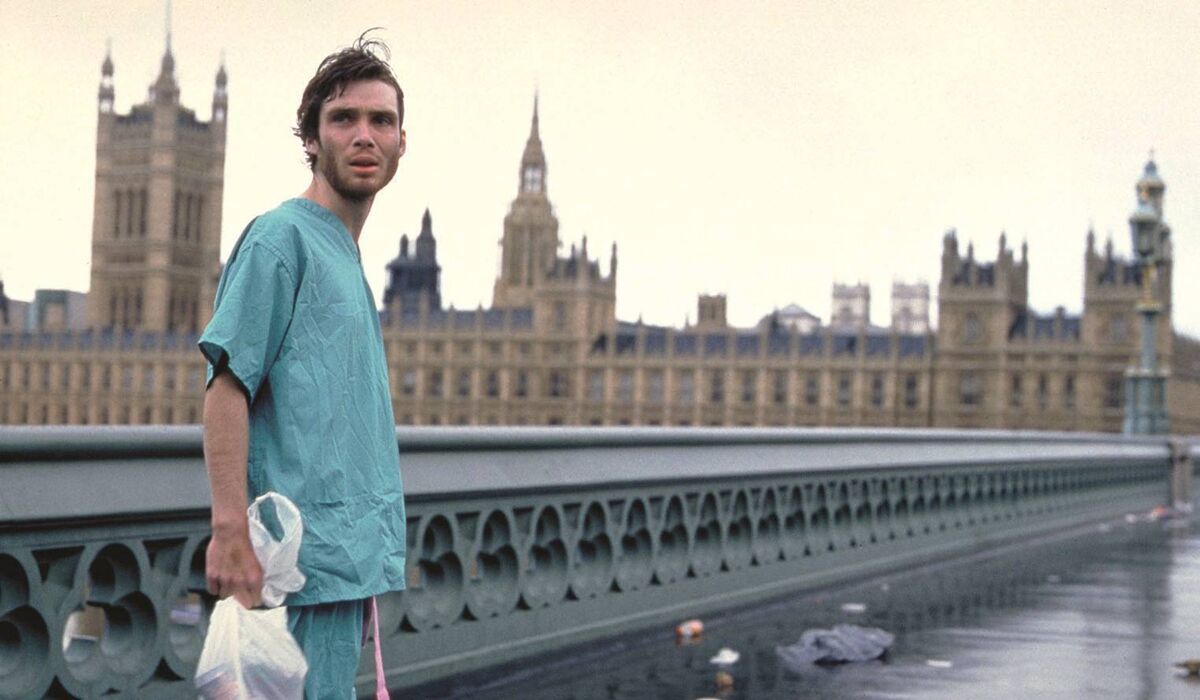
Danny Boyle’s smart and immersive zombie movie brought the genre in a nerve-wracking, edgy direction and centres on a London courier (Murphy) who wakes from a coma only to find the city deserted following a ‘Rage’ virus.
On the run from those infected, he engages with a group of fellow survivors in what Empire magazine called: “The first great apocalypse movie of the new millennium”.
Murphy is keen on the idea of a mooted sequel by Danny Boyle and Alex Garland to the original film, should his character be involved. “I would be there in a flash,” he said.
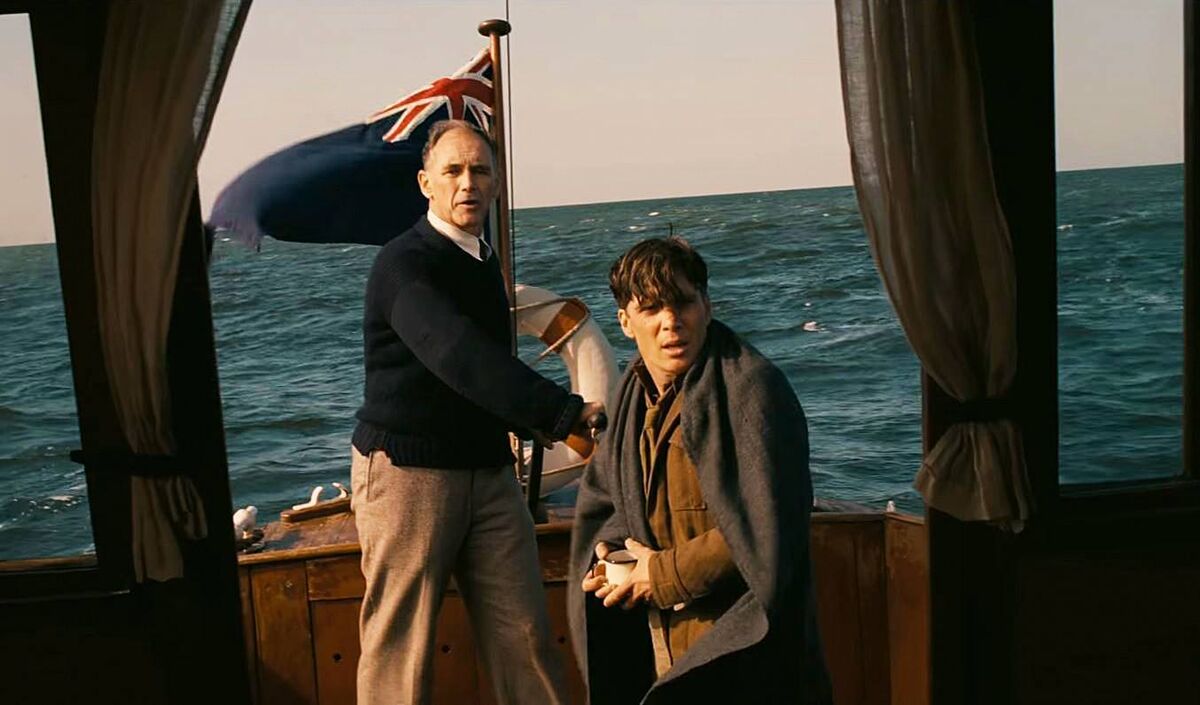
Noted for working in strong smaller roles with an ensemble cast, Murphy joined forces with Barry Keoghan, Harry Styles and Tom Hardy to bring Nolan’s World War II epic to life.
What followed was a movie told from the perspectives of sea, land and air, as efforts to evacuate 330,000 soldiers were underway.
The Cork actor plays a character known as the Shivering Soldier, traumatised by war and desperate not to return to Dunkirk.
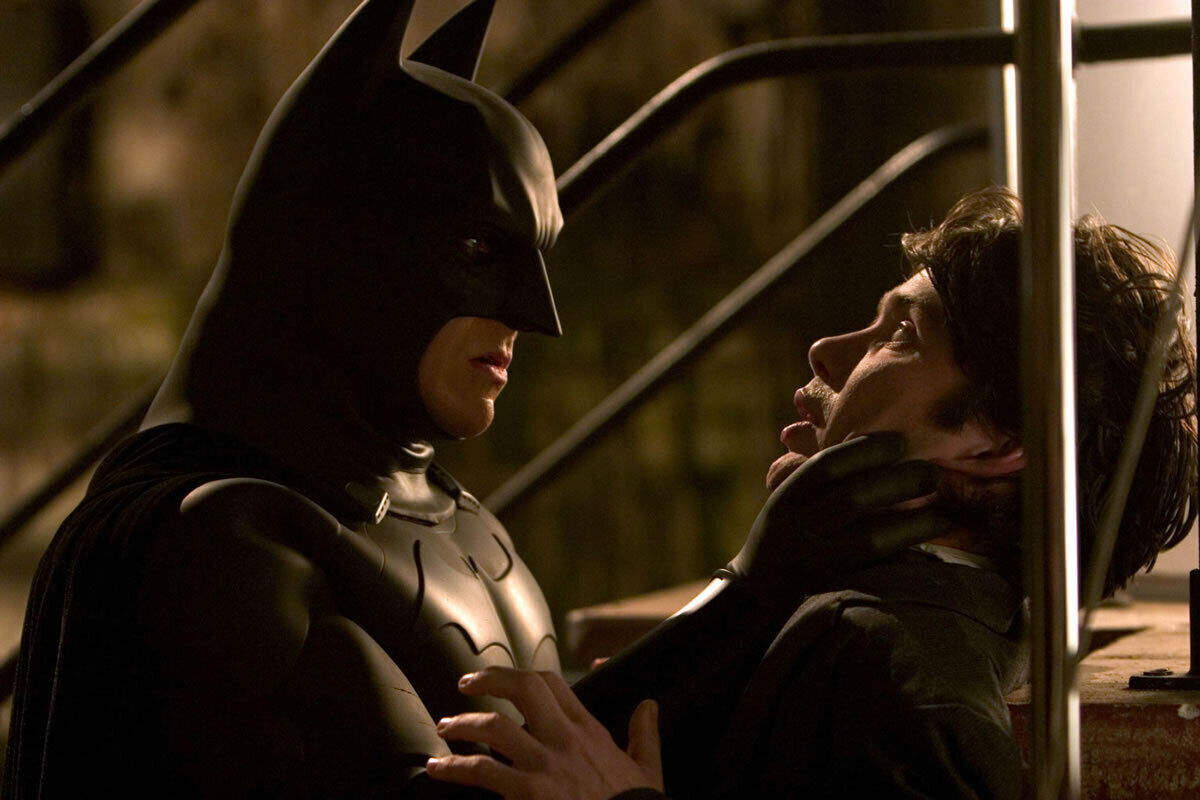
Murphy actually auditioned for the role of Batman but has since frequently said he felt he wasn’t right for the part.
But the audition marked the beginning of his relationship with Nolan as the British director cast him as Jonathan Crane.
Otherwise known as Scarecrow, the unhinged psychiatrist carried out experiments on inmates at the prison where he worked.
The actor’s villainous performance won him strong reviews and he returned for the other two films in the trilogy.
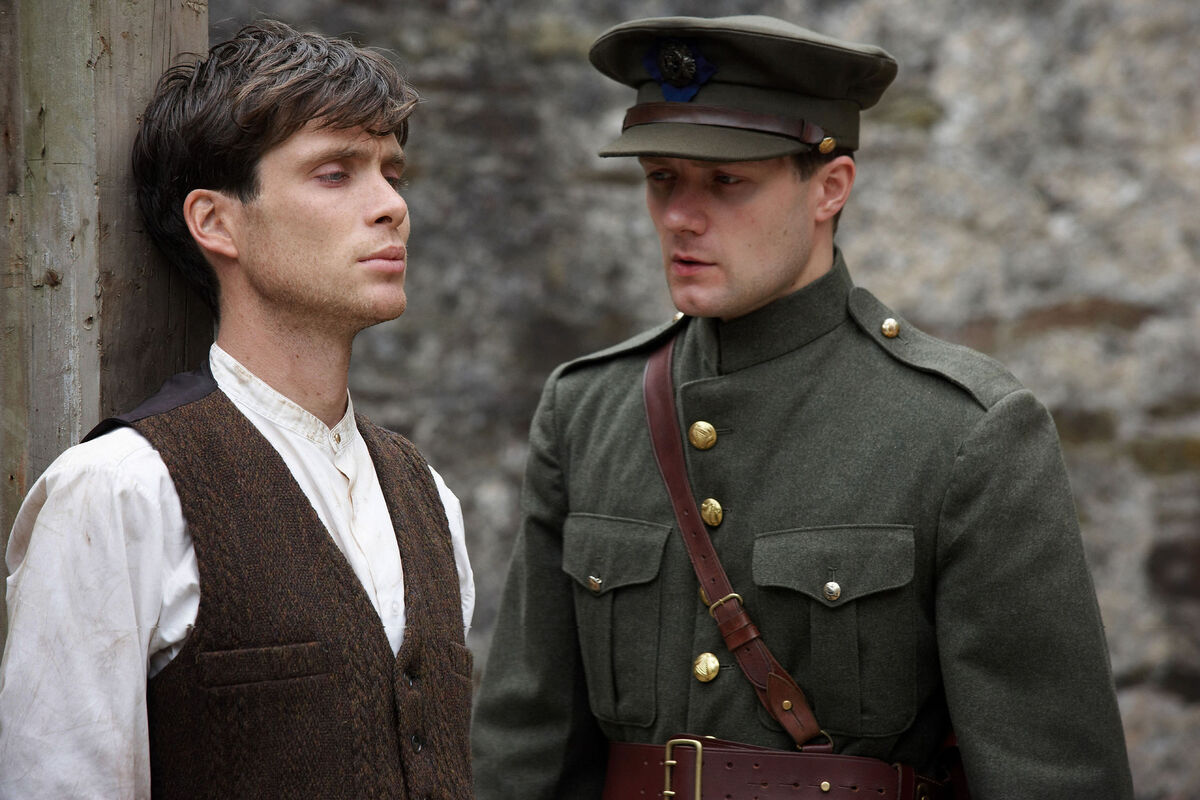
Murphy shone as one of two brothers left shattered by personal differences during Ireland’s War of Independence.
Filmed in Cork and directed by acclaimed British filmmaker Ken Loach, the film was carried by an intense and charismatic performance from Murphy, while Loach’s 2006 film went on to win the coveted Palme d’Or at Cannes.
"I felt a great responsibility with that film," Murphy said at the time.
“Obviously, I knew an awful lot about that period of history, not in depth, or to the extent that I subsequently learned about it.
Ken is a master of cinema and it was a great privilege to play a part in it - a privilege as an Irishman, and as an actor, to work with Ken Loach. It was all shot around Cork - where I'm from - and it was a beautiful summer,” he added.
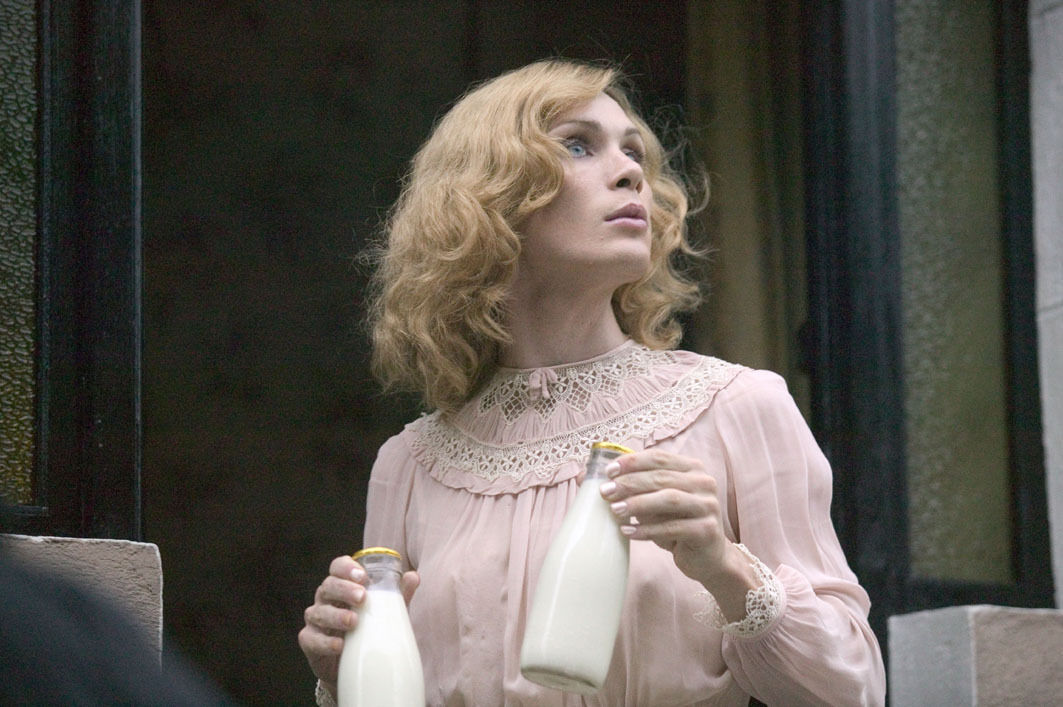
Murphy shone in writer-director Neil Jordan’s adaptation of Pat McCabe’s novel.
The story of Patrick ‘Kitten’ Brady, who goes on a journey of discovery following an abusive childhood, sees the actor play a transgender character, who sets out to find redemption by moving to London to forge a new life as Kitten, a wannabe rock star looking to reunite with family.
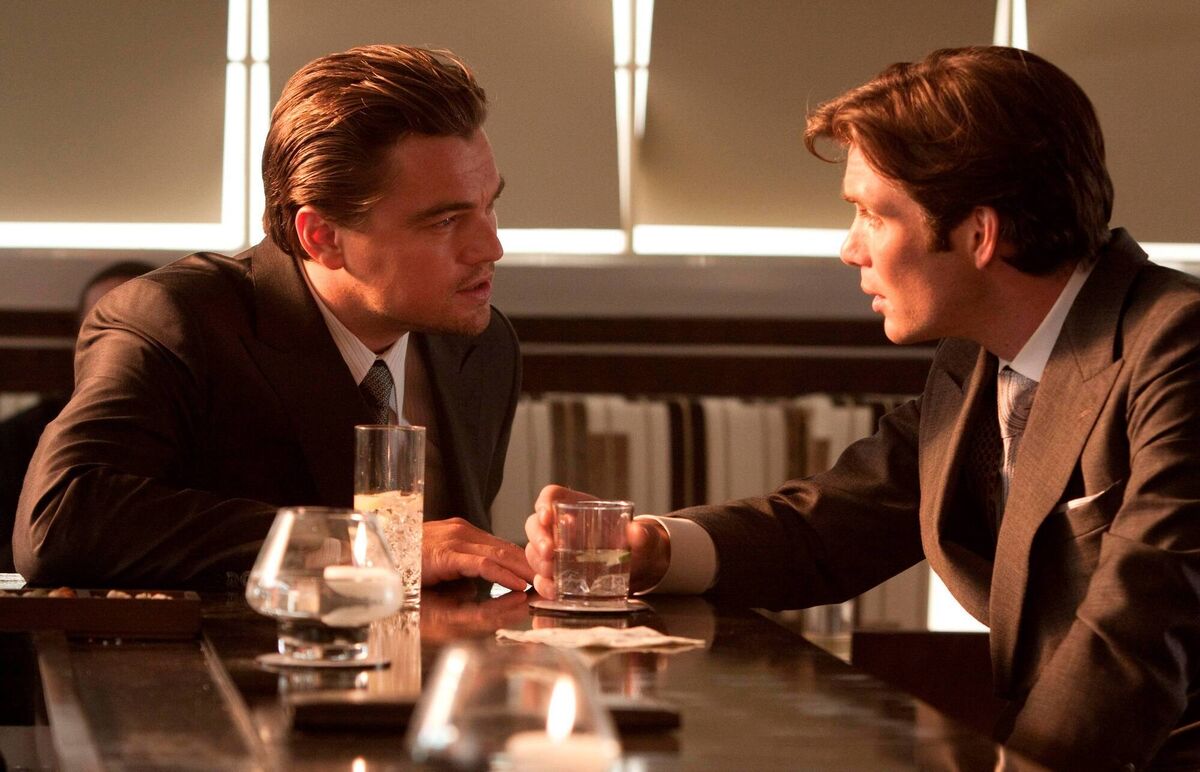
Shining once more in an ensemble cast that includes Leo Di Caprio, Elliott Page and Joseph Gordon Levitt, Murphy plays the empathetic Robert Fischer in Nolan’s twisty thriller.
The heir to a multi-billion dollar fortune, Robert is nevertheless full of insecurities at living up to his dying father.
There was some meat on the bone to get sucked into it.
“I think in terms of the character, obviously Cobb’s emotional journey is primary, but the emotional arc of Fischer is sort of the secondary kind of narrative,” he said of the role.
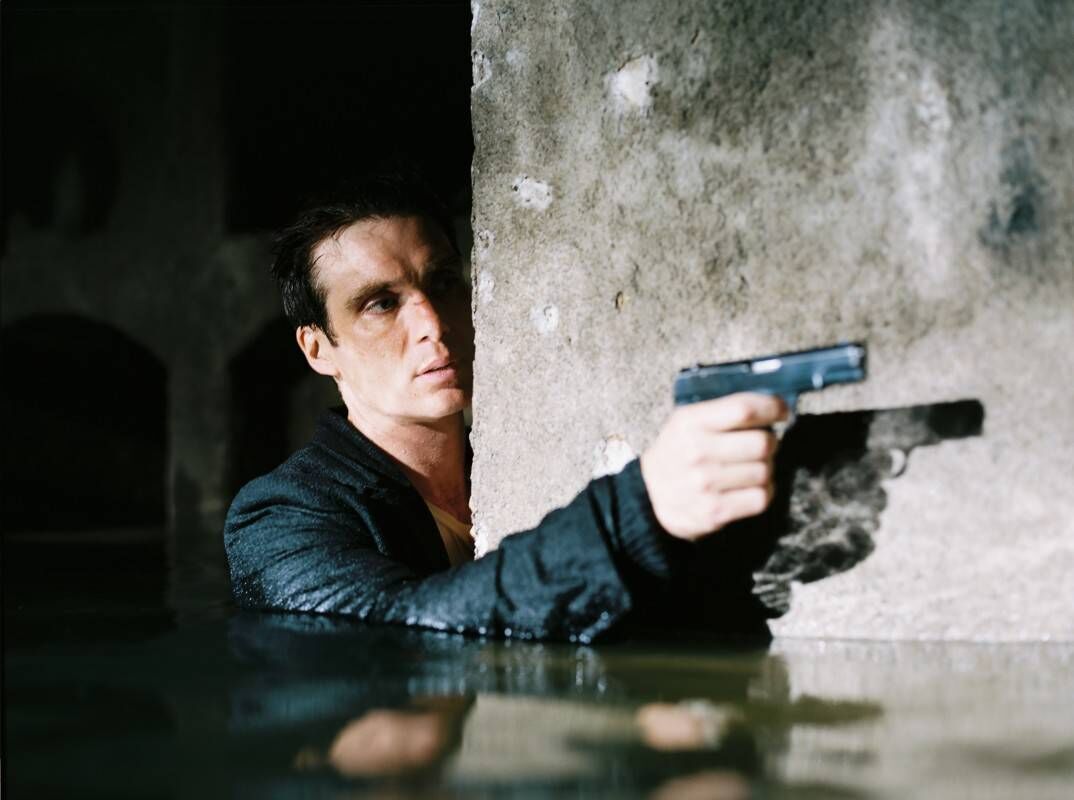
Arguably the most underestimated film and performance of Murphy’s career, Anthropoid is a historical thriller about Operation Anthropoid, a secret mission to assassinate Reinhard Heydrich, a top-ranking Nazi official, in 1942.
Murphy and fellow Irishman Jamie Dornan play Jozef Gabcik and Jan Kubis, the two Czech soldiers selected for the audacious mission in Prague, where Heydrich was wreaking havoc.
The film deals not only with the mission, but its bloody aftermath in a very intense finale.
“There’s nothing glorified or gratuitous in this film, everything that you see actually happened. That’s what makes it so chilling, and so affecting,” he told this newspaper on the film’s release.


